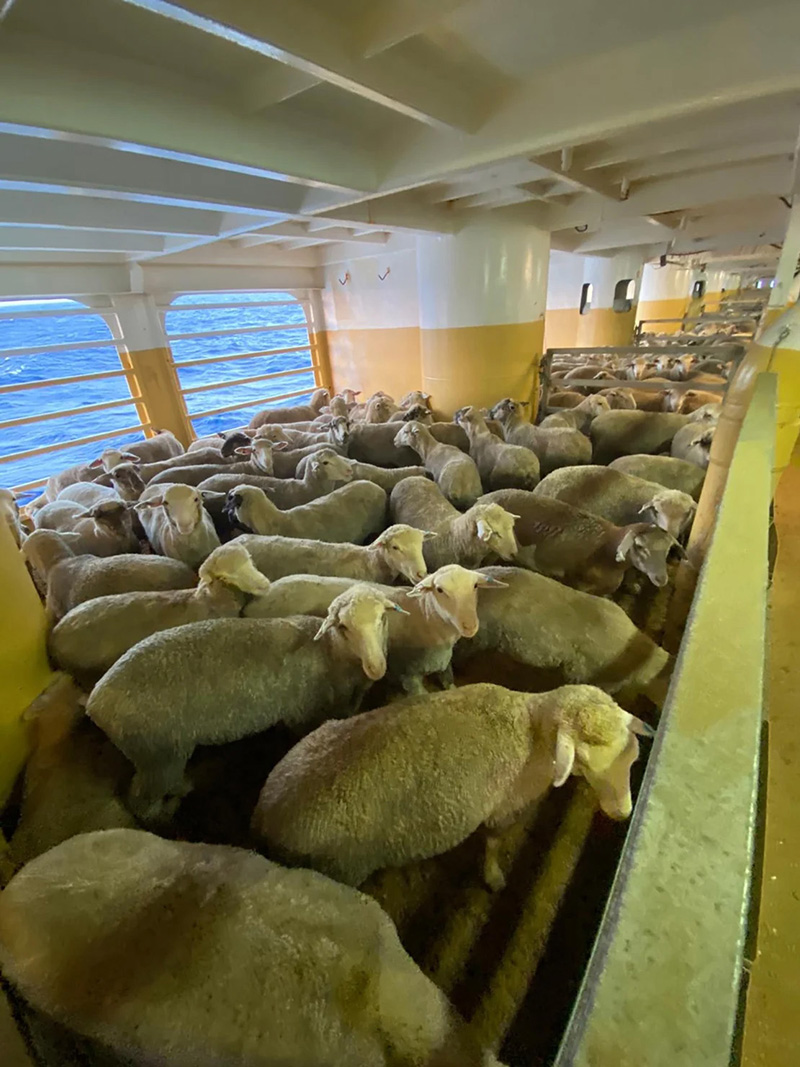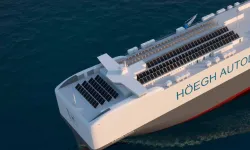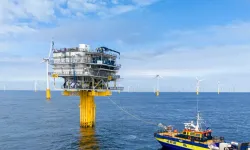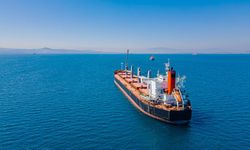In a developing crisis, over 16,000 sheep and cattle are stranded aboard the MV Bahijah, anchored off Western Australia, as authorities fear the Israeli-owned ship may be targeted by Houthi rebels in the Red Sea. The Australian government is under pressure to decide whether to re-export the live cargo or allow the vessel to dock after more than three weeks at sea.
The Department of Agriculture, Fisheries and Forestry is considering a request from the exporter to offload some animals before potential re-export. Animal welfare advocates are urgently calling for the offloading of the livestock.
Australia's live export trade, a contentious issue focusing on revenue versus animal welfare, faces heightened scrutiny. The government has pledged to end live sheep exports but has not provided a clear timetable.

The MV Bahijah left Western Australia on January 5 for the Middle East. Security concerns in the Red Sea, with Houthi rebels targeting commercial vessels, led authorities to redirect the ship back to Australia on January 20.
As temperatures rise, concerns grow about the welfare of the stranded livestock. The Western Australian Farmers Federation emphasizes the need for a swift decision, while the Royal Society for the Prevention of Cruelty to Animals (RSPCA) urgently calls for offloading due to potential worsening conditions.
The RSPCA has requested permission for an independent veterinarian to assess the animals, emphasizing the urgency of the situation. Despite varying opinions on the animals' current condition, the prolonged journey raises concerns about their well-being in the coming days.






